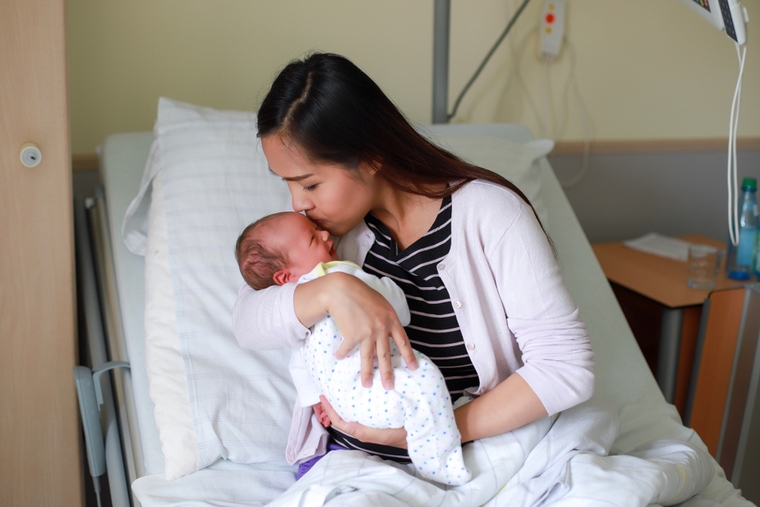Posted By: Amy Tubb
13th May 2024
2 minute read

In a groundbreaking report released today, the All-Party Parliamentary Group (APPG) on Birth Trauma highlights the urgent need for a fundamental shift in the provision of maternity services across the United Kingdom. Drawing on over 1,300 submissions from individuals who have experienced traumatic births, as well as insights from nearly 100 maternity professionals, ‘Listen to Mums: Ending the Postcode Lottery on Perinatal Care’ unearths systemic failures and calls for bold reforms.
The key conclusion of the Inquiry's findings is the absence of a cohesive national strategy for maternity care. While various documents exist, they say a unified approach is lacking. The report advocates for the creation of a National Maternity Improvement Strategy, led by a new Maternity Commissioner who will report to the Prime Minister, ensuring continual updates and accountability.
Read the reportOver the past three months, we have been privileged to hear from parents from across the United Kingdom. They have trusted us with some of their most personal reflections and thoughts, often relating to deeply troubling memories and experiences. This, the first Parliamentary Inquiry into Birth Trauma, is as much their report as it is ours.
Theo Clarke MP and Rosie Duffield MP, Chair and Co-Chair of the APPG on Birth Trauma
Today’s report signals a rallying cry for policymakers, healthcare providers, and society at large to prioritise maternal wellbeing and ensure that every mother and birthing person is met with dignity and support.
The Maternal Mental Health Alliance (MMHA) supports the proposed reforms, which mirror much of what we have been calling for in recent years. It is essential that we build a maternity system centred on compassion, respect, and equity.
Commenting on the launch of the report, Chief Executive Officer of the MMHA, Laura Seebohm, said: “The recommendations in this report have the potential to fundamentally transform the physical and mental health of new parents and babies for generations to come. We are sad that it has not come soon enough for the huge number of women from across the UK who bravely shared their stories with the Inquiry. Their testimonies are at the heart of this groundbreaking report launched today.
“All of us at the MMHA will continue to do all we can to drive forward the recommendations alongside all the amazing politicians, policymakers, clinicians, and charities who are collectively committed to 'end the postcode lottery on perinatal care'.”